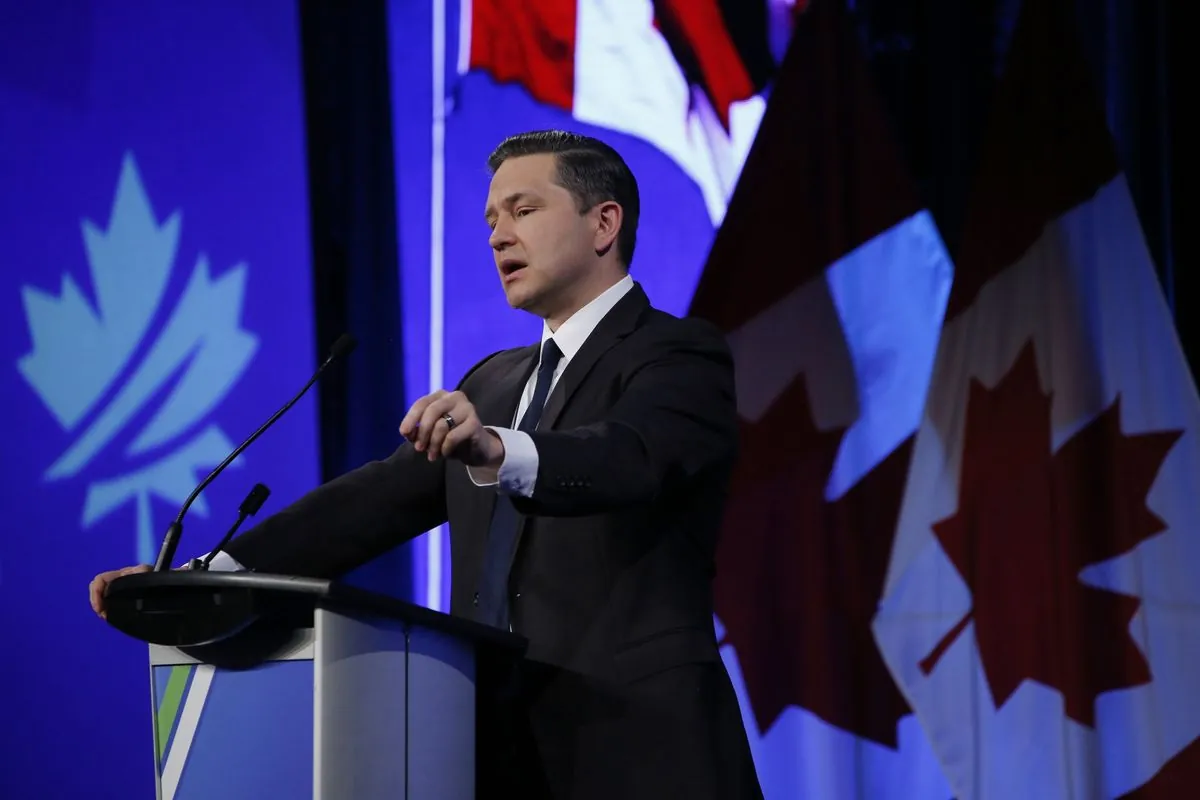Conservative Challenge: Reclaiming Political Language and Values
Conservatives face the task of reclaiming political discourse, as language shifts have embraced big government ideals. The party must challenge these changes to regain public support and reaffirm core values.

The Conservative Party in the United Kingdom faces a significant challenge beyond selecting a new leader. The party must reclaim the consensus on core political values, particularly the balance between individual and state roles. This task involves addressing the shift in political language that has increasingly favored a big government perspective.
One of the most impactful changes in political discourse is the evolving definition of individual rights. Traditionally, Conservatism emphasized personal initiative and responsibility. Since the Magna Carta in 1215, "rights" referred to individual freedoms protected by law. However, the concept has gradually shifted to imply entitlements granted by the state.
While all UK parties agree on the necessity of a welfare state for those in genuine need, the extent of these entitlements is debated. The EU's Charter of Fundamental Rights, which became legally binding in 2009, defined social security benefits and housing assistance as legal rights. Although the UK is no longer bound by this charter, there's ongoing pressure to expand state-provided entitlements.

The implicit acceptance of big government solutions in political discussions is evident in the frequent demand for state intervention in various issues. This trend often leads to hasty legislation and short-term initiatives. Conservatives need to challenge this assumption and consider whether families and communities should bear primary responsibility in certain areas.
The interpretation of equality has also shifted, now often meaning equality of outcomes rather than opportunities. Conservative values traditionally respect high achievers and view individual success as a motivator for social progress. The new concept of equality often criticizes unequal outcomes as unfair, justifying state intervention.
Similarly, the term "elite" has become negatively charged, suggesting exclusivity. However, Conservatives argue that without those pushing boundaries in various fields, overall standards may decline. The party needs to restore pride in elite achievements across all sectors of society.
The concept of multiculturalism has also evolved. Instead of representing tolerance for different cultures, it's now sometimes used to challenge national identity and cultural heritage. Conservatives believe that pride in national achievements contributes to community cohesion and public spirit.
These language shifts shape political debates and potentially undermine Conservative values. For the party to regain support, it must boldly challenge these changes. Conservatives need to have faith that addressing these issues will resonate with a public that still holds true to traditional values.
The Conservative Party, dating back to the 1830s, has a long history of adapting to changing political landscapes. As it faces this current challenge, it must draw on its rich heritage while addressing contemporary issues. The party's success may depend on its ability to reclaim the language of political debate and reaffirm its core principles in a changing social context.


































